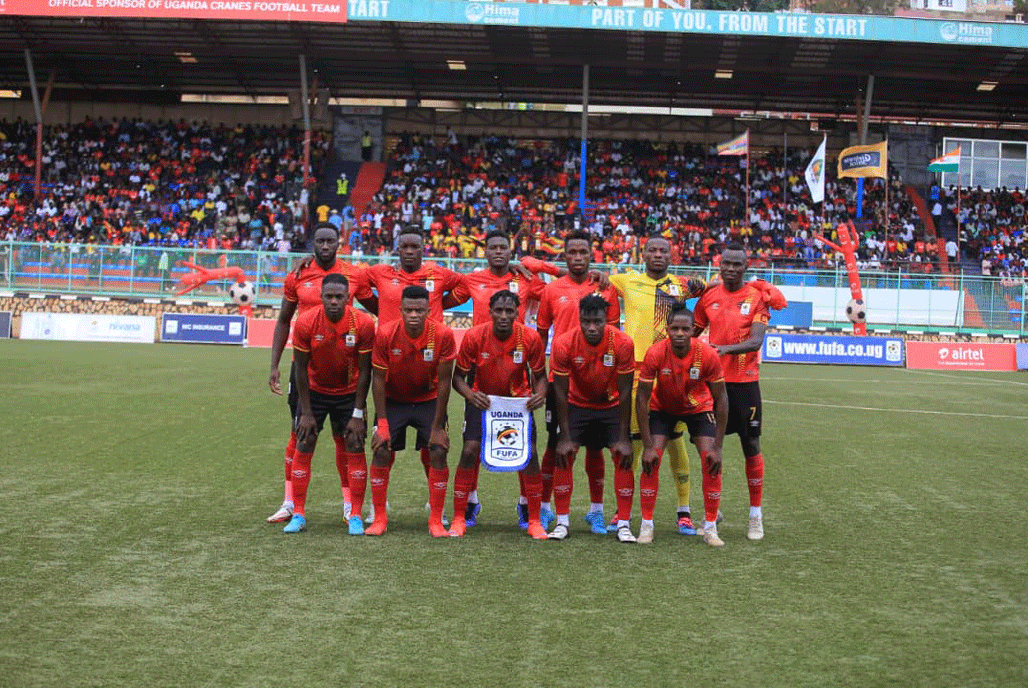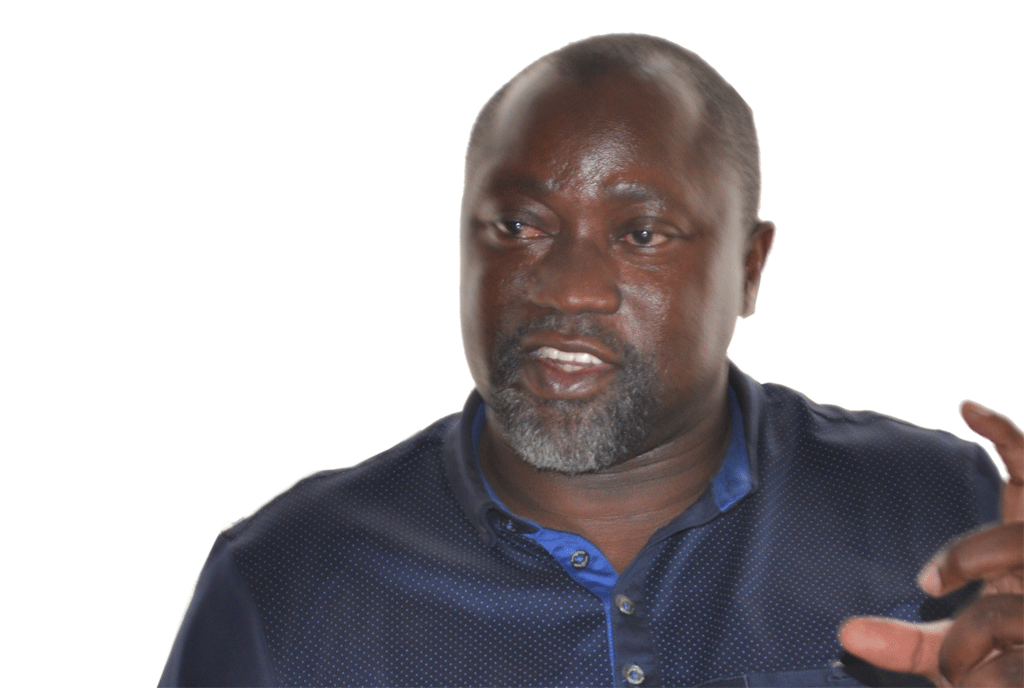Prime
Bring AFCON 2025 to East Africa

Uganda Cranes players pose for a photo prior to kickoff of their Afcon 2023 qualifier against Niger at the St Mary's Stadium in Wakiso in early June. PHOTO/HANDOUT
What you need to know:
- Combined, the EAC have the infrastructure, training grounds and hotels. Access to these stadia takes about two hours by air.
The Confederation of African Football (CAF) is looking for a new host for the Africa Cup of Nations (AFCON) 2025.
This urgency came after the West African nation of Guinea threw away a glorious hosting opportunity. It looks as if the Guineans’ hands are full, trying to reorganise following the military events that marred Conakry over a year ago – their priority anyway, not a round piece of leather material that a set of youths chase around the football field.
CAF’s pronouncement to reopen the bidding to find a new host follows many visits to Conakry that did not return positive compliance reports. Guinea did not comply with the minimum CAF requirements to be the host of AFCON 2025.
It is a disappointment since Western African states do not always disappoint on the footballing stage.
Surely in football, West Africa always makes a good account of itself. Recall that since the inaugural edition of AFCON in February 1957 in Khartoum, Sudan, West Africa has been the dominant host. They have staged the show on 15 occasions.
Closely in second place is North Africa, which has hosted the event 13 times. East and South Africa have hosted AFCON only five times, the same as the number of AFCON cups they have won.
So, we see that the chances of hosting AFCON are higher in the north of the Equator than south of it. CAF finds it easy to call on one of the countries in the West or North, and they will be ready to do a good job. For their hosting chances are as high as their chances of winning the event.
Against this background, the difference between North-West and South-East Africa is so significant that it is easy to say that football resides in North-West Africa.
These guys continue to send footballers to the big stage with admirable frequencies. It is something that the rest of the African continent can learn.
On the global stage, to this day, only 13 African nations have qualified and participated in the FIFA world cup finals.
There are 53 nations in Africa. Of this total, West Africa takes the largest share of the teams that have played at the World Cup finals. Again, North Africa follows them.
South Africa has appeared there once, while East Africa is still looking to make their first appearance. Countries that appear regularly at tournaments seem to be almost ready to host. That is why, if CAF is looking for a reliable host, they will turn to the West or North.
Since to be considered ready for a tournament of such a magnitude, a country should be able to have a minimum of; six stadia that will support the 24 participating teams. Two of the six stadia must be capable of housing 40,000 watchers. Two others should have a capacity of 20,000 seats, and the last two, 15,000 watchers.
On top of that, states must have proper accommodation facilities capable of accommodating the multitudes of people that visit. CAF will ask intending host states to comply with this checklist.
Guinea did not demonstrate this and hence was stripped of hosting rights. I am not sure of a single country in East and Central Africa that can confidently tick all these boxes with relative ease. Apart from South Africa, it will take a whole regional bloc – The East African Community (EAC) to satisfy CAF.
It will take Burundi’s Stade Prince Louis Rwagasore with a capacity of 22,000 spectators. Add two of the Democratic Republic of Congo’s Stade des Martyrs and Stade Tata Raphael holding 80,000 and 50,000, respectively. Also, add Kenya’s Moi International sports centre with 60,000, and Bukhungu Stadium with 30,000 spectators. Rwanda with Amahoro Stadium, whose capacity is 30,000.
In Tanzania, the 60,000 National Main Stadium will hold 60,000 and CCM Kirumba Stadium, 35,000. Finally, Uganda with its Mandela National Stadium with 45,202. These nine fit within CAF’s criteria.
Combined, the EAC have the infrastructure, training grounds and hotels. Access to these stadia takes about two hours by air. Therefore, as the usual suspects consider bidding to host AFCON 2025, let the EAC call out CAF. By bringing AFCON 2025 to the EAC, we will move quickly to revamp some of the ageing infrastructures. Honourable Magogo Moses, over to you.
Simon J. Mone is a Civil engineer, [email protected]




